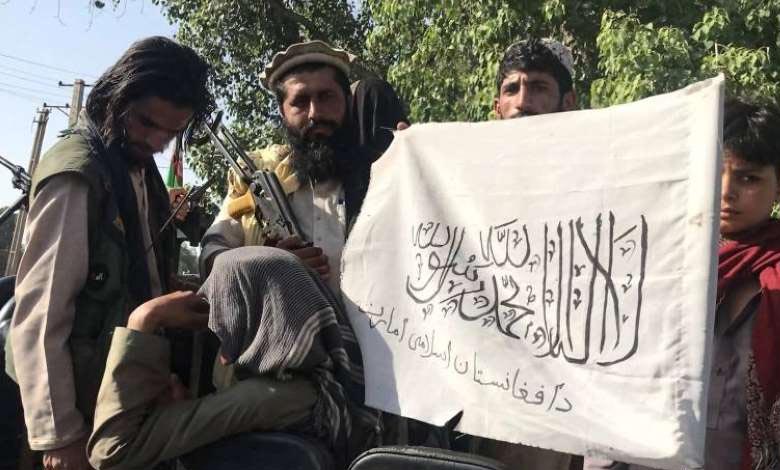By violating the international agreements… Will the Taliban lose its control over power in Afghanistan?

A year after their troops invaded Afghanistan and took power, the Taliban are still struggling for international recognition, though many countries have engaged in relationships with the group in one way or another, particularly cooperation over the country’s deepening humanitarian crisis.
Violations of agreements
In this context, the Voice of America network highlighted the failure of the Taliban to fulfill international agreements, which threatens its existence in government, pointing out that Afghanistan recently made headlines with the killing of al-Qaeda leader Ayman al-Zawahiri in a residential area in Kabul, which complicates the Taliban’s efforts to recognize it. The Taliban said: She was not aware of al-Zawahiri’s presence in Afghanistan.
The Taliban also said: “The U.S. strike violated international laws and last year’s agreement with the United States on the withdrawal of its forces, with the Doha Agreement signed in Qatar in February 2020 calling on the Taliban to prevent terrorists from operating in Afghanistan, while the U.S. accused the Taliban of violating the agreement.”
US Secretary of State Antony Blinken said that hosting and sheltering the al-Qaeda leader in Kabul is a flagrant violation by the Taliban of the Doha agreement. They had previously reaffirmed to the world that they would not allow the use of Afghan territory by terrorists to threaten the security of other countries, but they had also betrayed the Afghan people and their desire to recognize and normalize relations with the international community.
International recognition
The American network noted that so far, no country has officially recognized the Taliban government in Afghanistan, and the Taliban can now count on a warmer welcome from China, Russia, and other countries. After months of initiatives that included the recent handover of the Afghan embassy in Moscow to Taliban representatives in June, Russia hinted at the possibility of official recognition.
Zamir Kabulov, Russia’s special envoy to Afghanistan, told the state-run Channel One Russia: This possibility exists – the Russian president and foreign minister have set his terms, and Kabulov identified the formation of an inclusive political government as the first step for the Taliban to take in order for Moscow to establish diplomatic relations.
Experts say Pakistan is also trying to forge a relationship with the Taliban due to successive security challenges. Last year, Pakistan’s political and security establishment appeared to be openly supporting the Taliban, with then Prime Minister Imran Khan describing the insurgent group’s return to power as breaking the “shackles of slavery.” However, this initial feeling dissipated while acknowledging the dangers posed by the by the Pakistani Taliban.
“The security situation along the Pak-Afghan border is worse than before,” said Claude Rakesets, senior strategic analyst at the Australian National University.
The Taliban’s ideological, organizational, tribal and personal ties with the by the Pakistani Taliban are becoming clearer now, Rakesets revealed. They are its ideological nomadic colleague, and they will trump any gratitude toward Pakistan for its diplomatic, military and institutional support.
The UN estimates that more than half of Afghanistan’s estimated 40 million people suffer from acute hunger and urgently need humanitarian assistance, while some 1.1 million Afghan children suffer from malnutrition.












